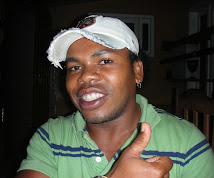Nos não precisamos de educação.
We don't need no thought control
We don't need no thought control
Não precisamos contrôle do pensamento.
Não precisamos de sarcasmo escuro na sala de aula.
Teachers leave them kids alone!
Teachers leave them kids alone!
Professores deixe as crianças em paz.
Hey! teachers! leave the kids alone!
Hey! teachers! leave the kids alone!
Hey! Professores! Deixe as crianças em paz.
All in all, you're just another brick in the wall.
Tudo resumido, você é apenas outro tijolo na parede.
All in all, you're just another brick in the wall.
All in all, you're just another brick in the wall.
Tudo resumido, você é apenas outro tijolo na parede.
We don't need no education
We don't need no thought control
No dark sarcasm in the classroom
Teachers leave them kids alone
Hey! teacher! leave us kids alone!
All in all you're just a another brick in the wall.
All in all you're just a another brick in the wall.
-smooth guitar solo-
"Wrong, do it again!"
Errado, faça isto de novo!
"Wrong, do it again!"
"Wrong, do it again!"
Errado, faça isto de novo!
"If you don't eat yer meat, you can't have any pudding.
"If you don't eat yer meat, you can't have any pudding.
Se você não comer sua carne, você não pode comer pudim!
How can you?
Você você pode?
Have any pudding if you don't eat your meat?"
Have any pudding if you don't eat your meat?"
Comer qualquer pudim se você não comer sua carne?
"you! yes, you behind the bike sheds, stand still laddy!"
Você! Sim, você detrás das casinhas das bicicletas, Pare aí, garoto!
"you! yes, you behind the bike sheds, stand still laddy!"
Você! Sim, você detrás das casinhas das bicicletas, Pare aí, garoto!



